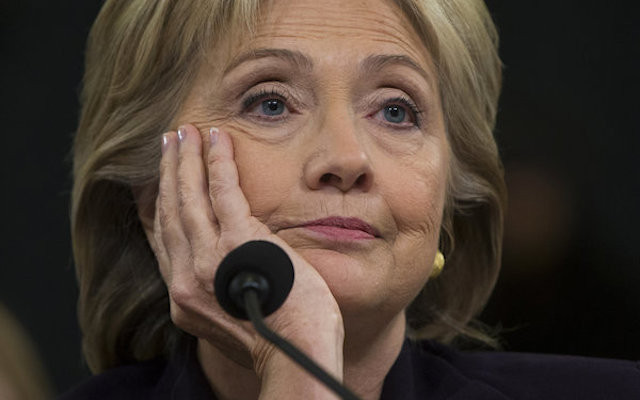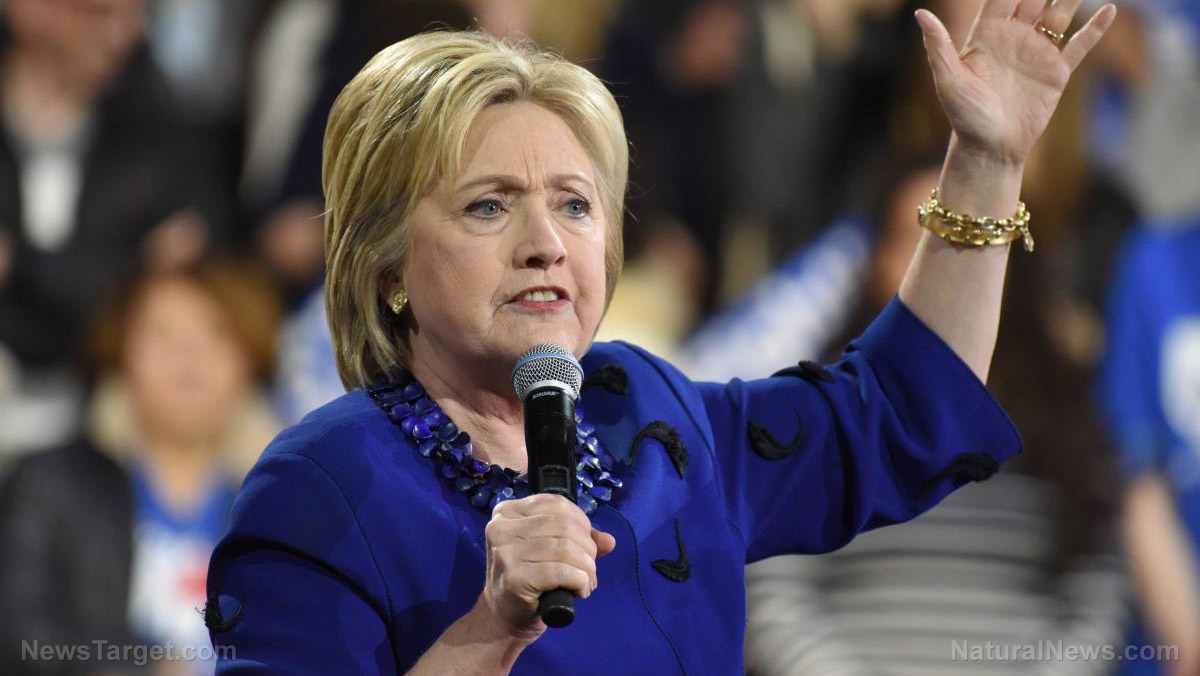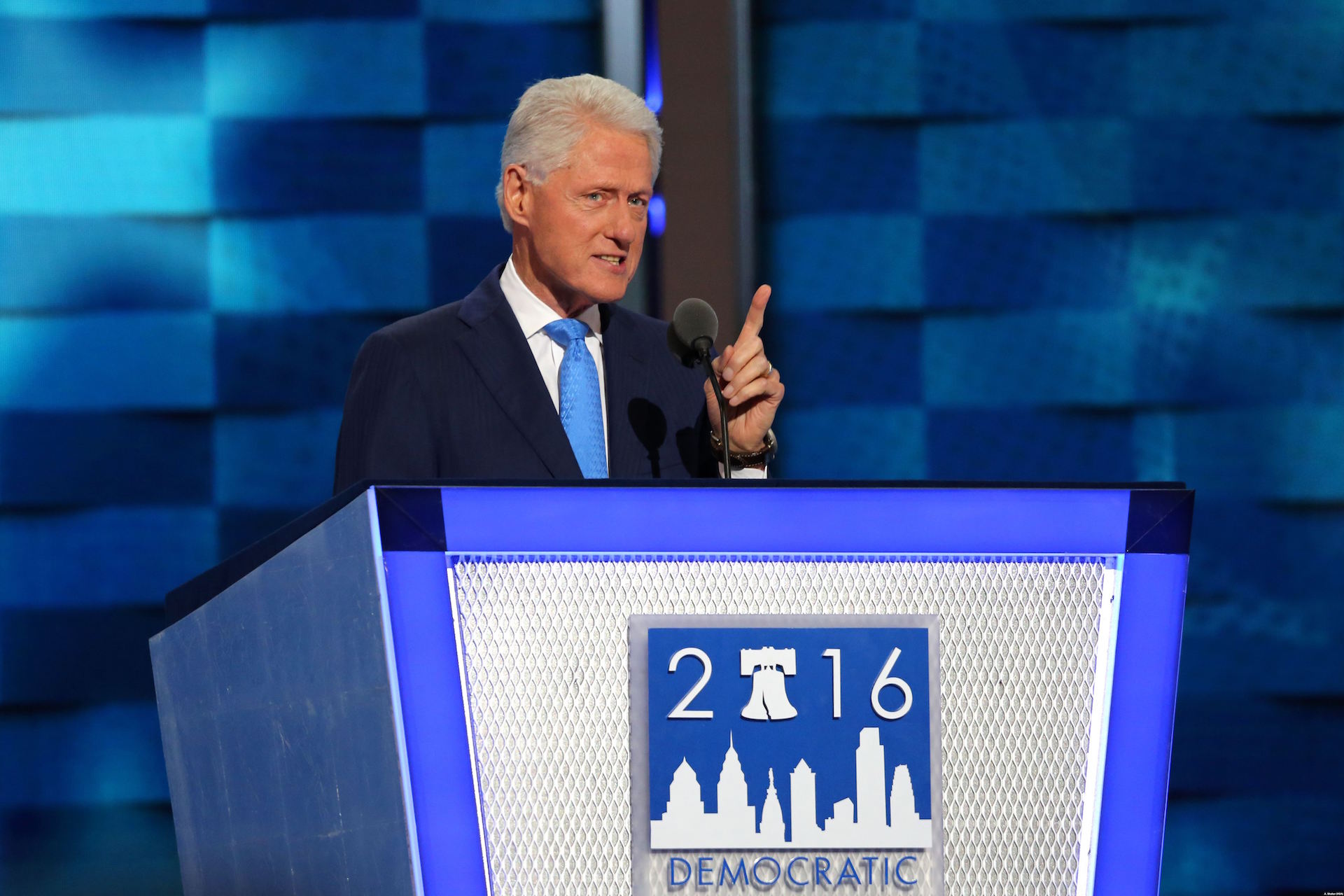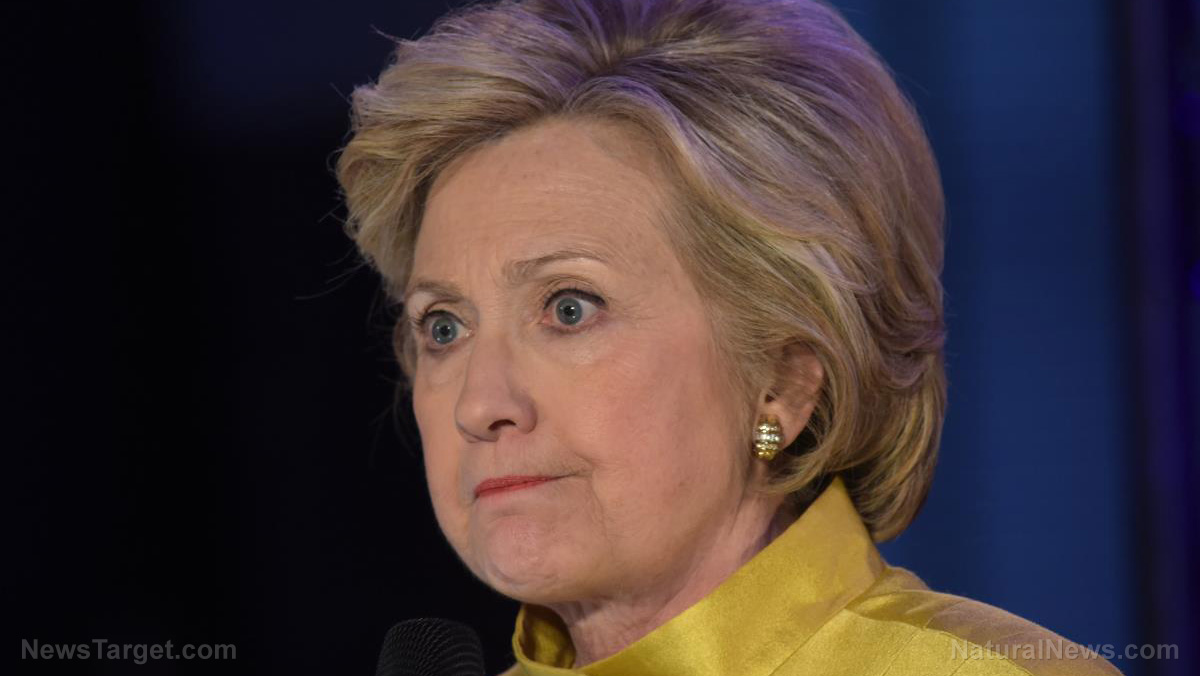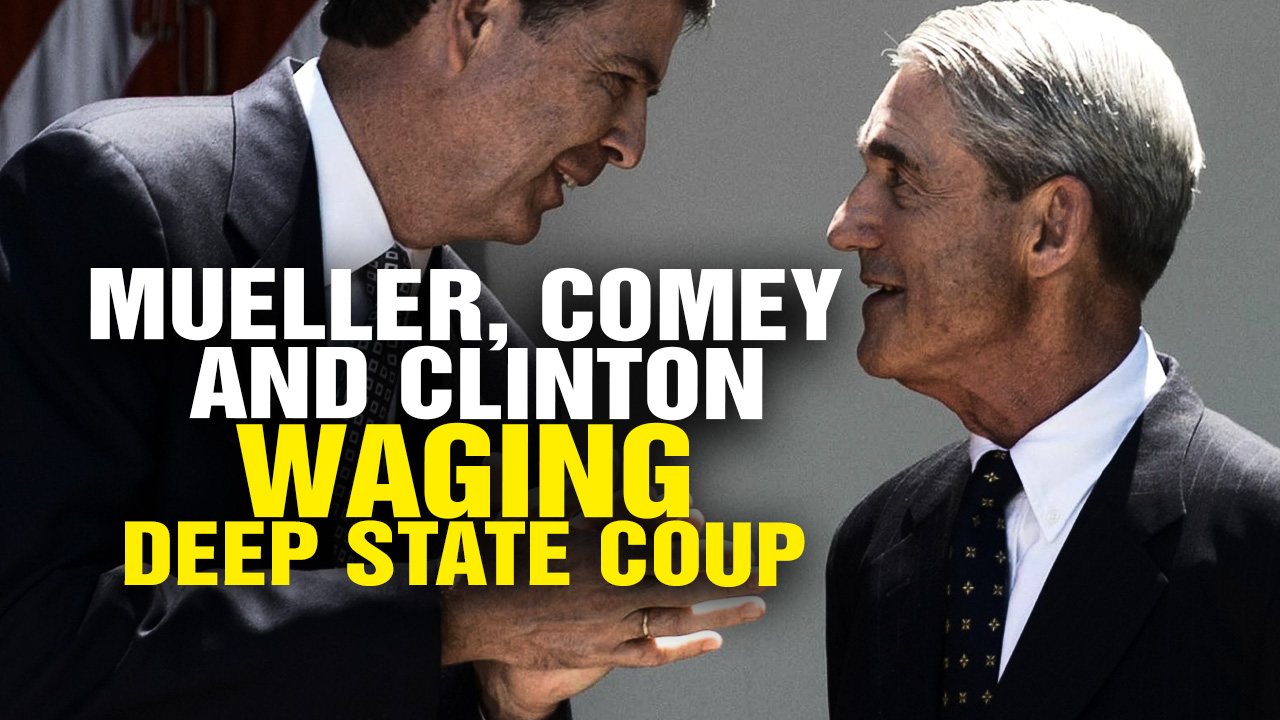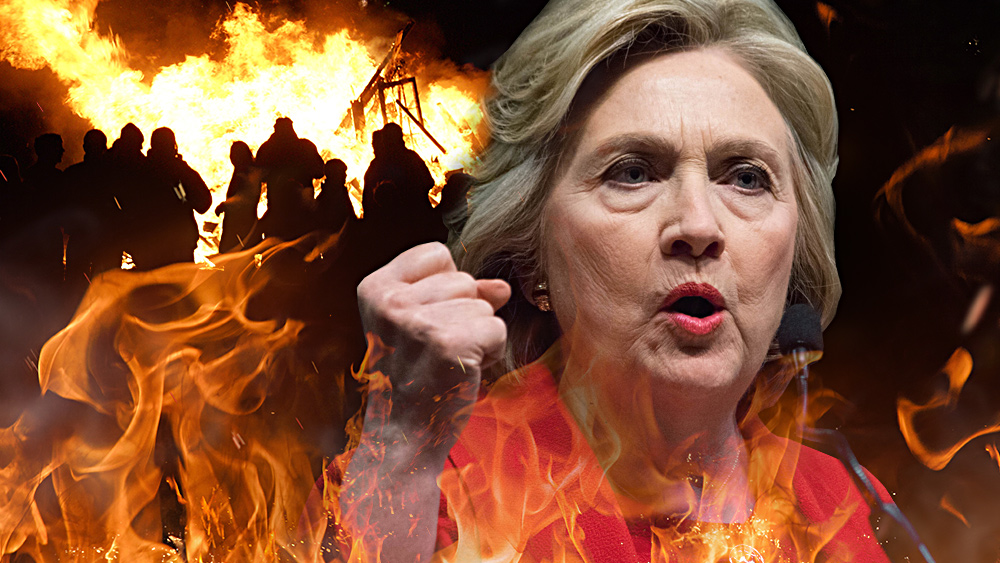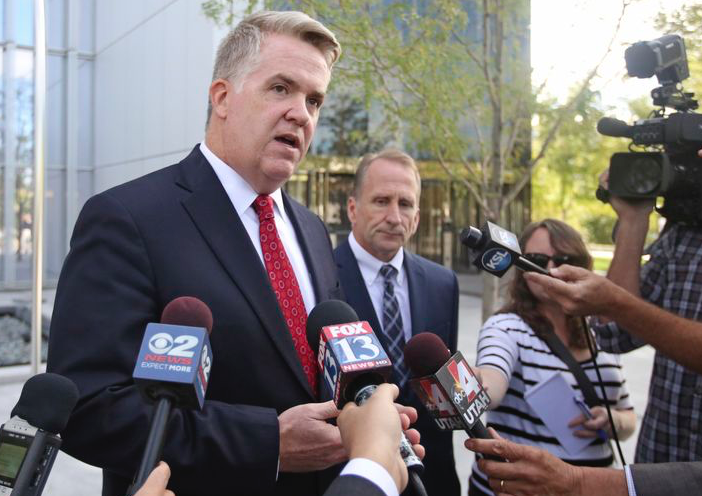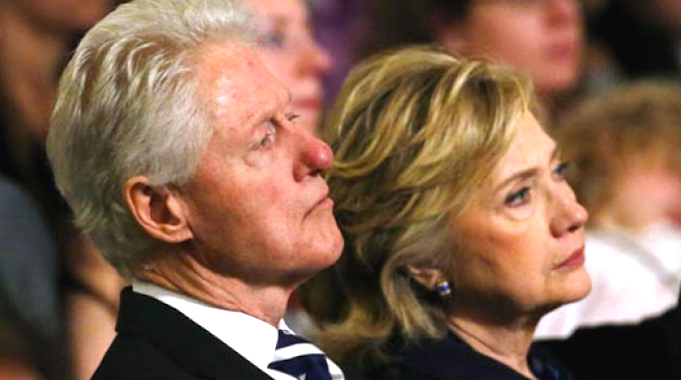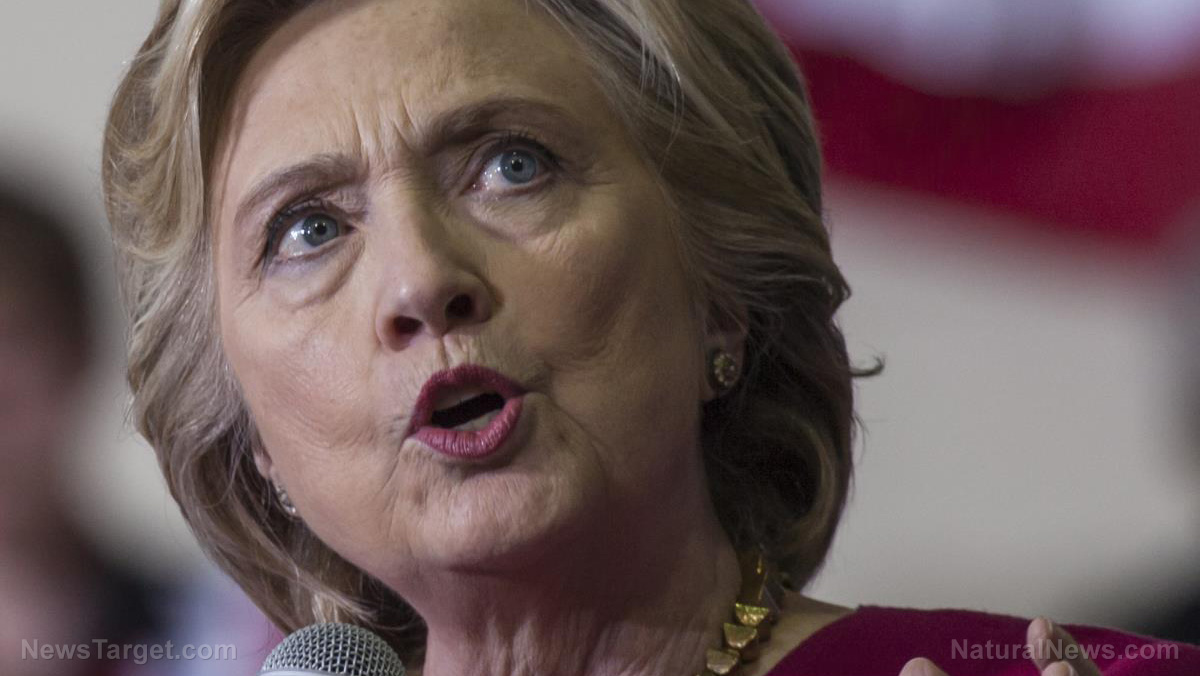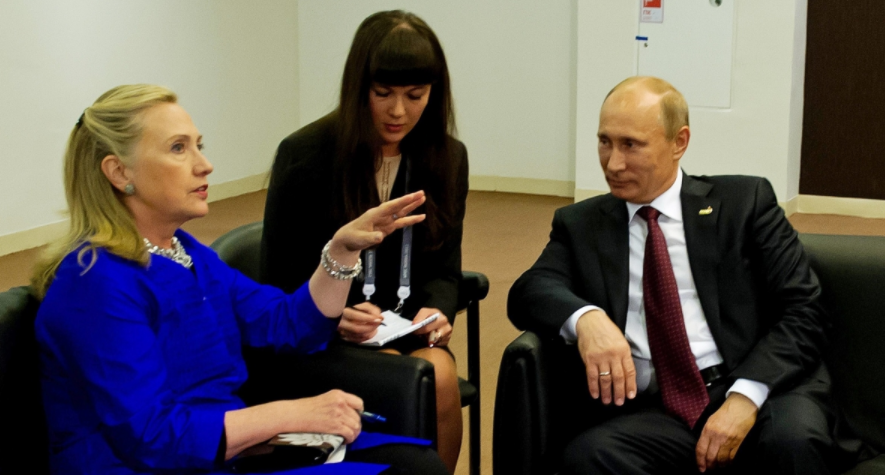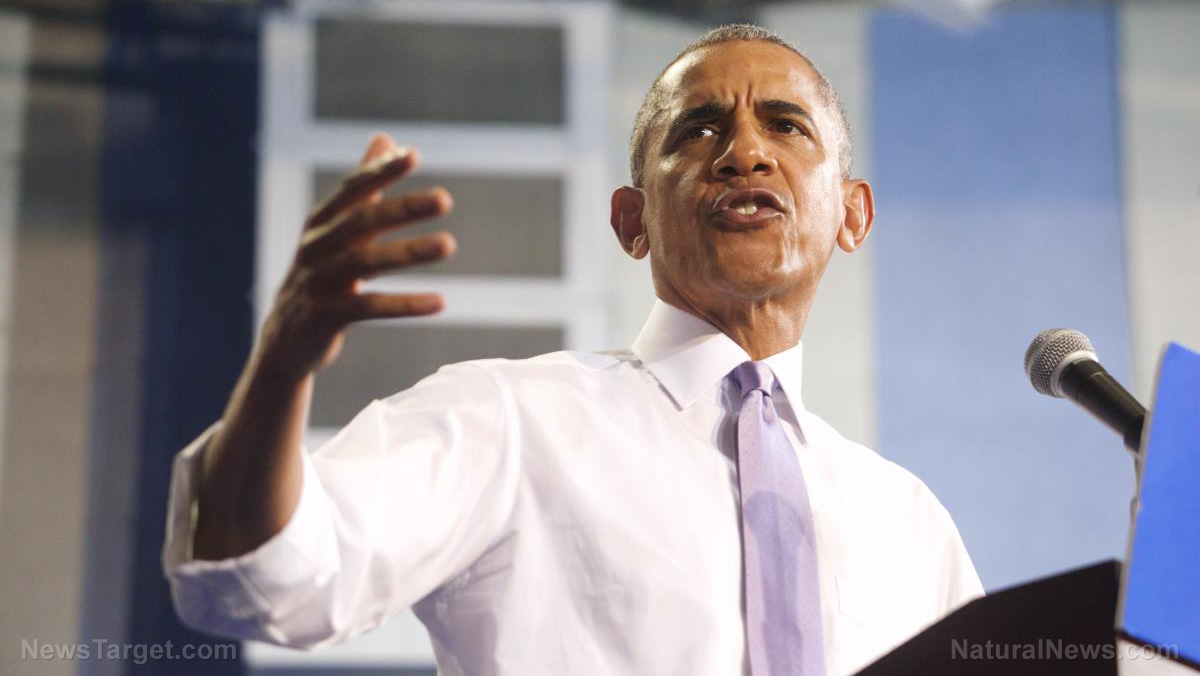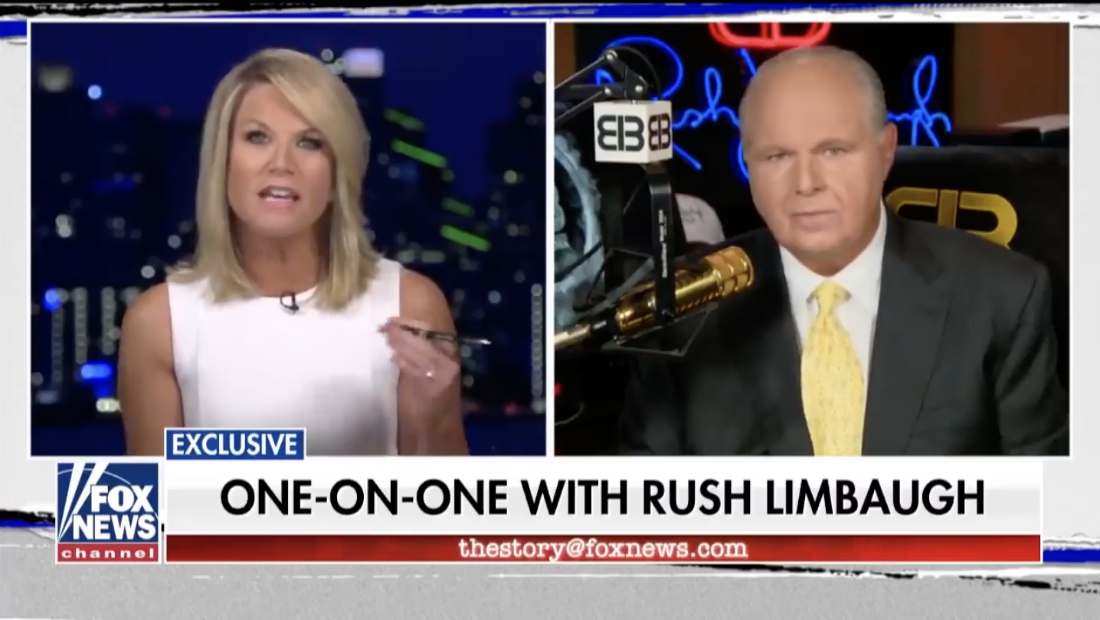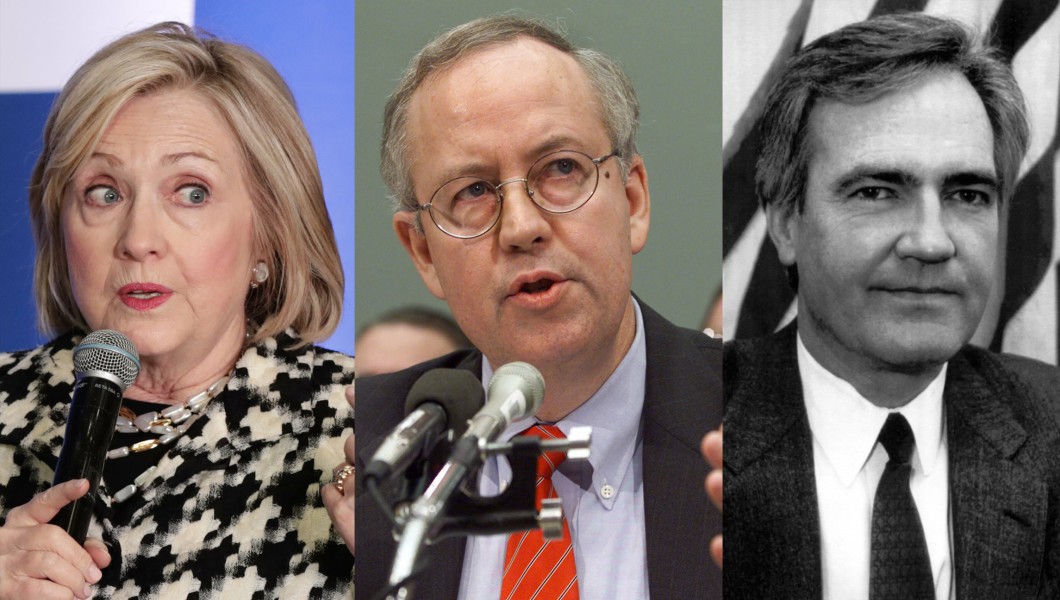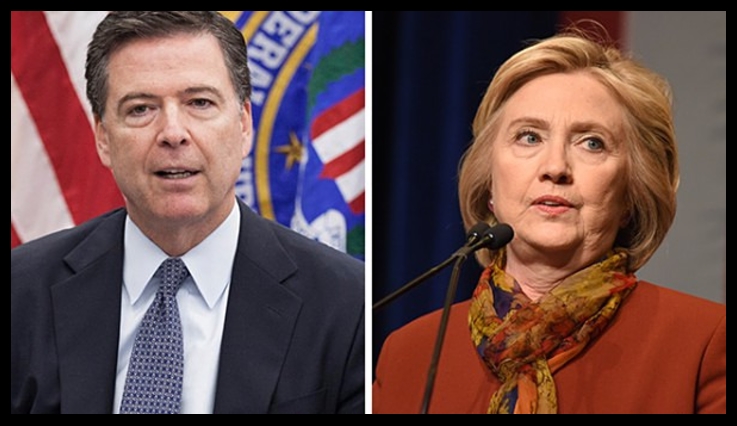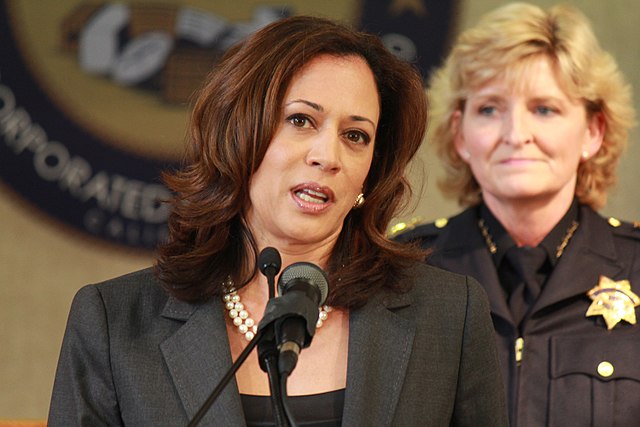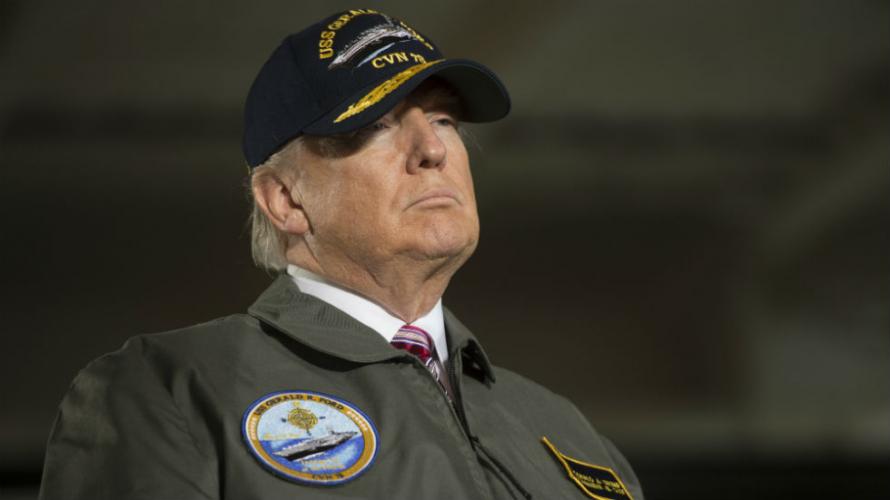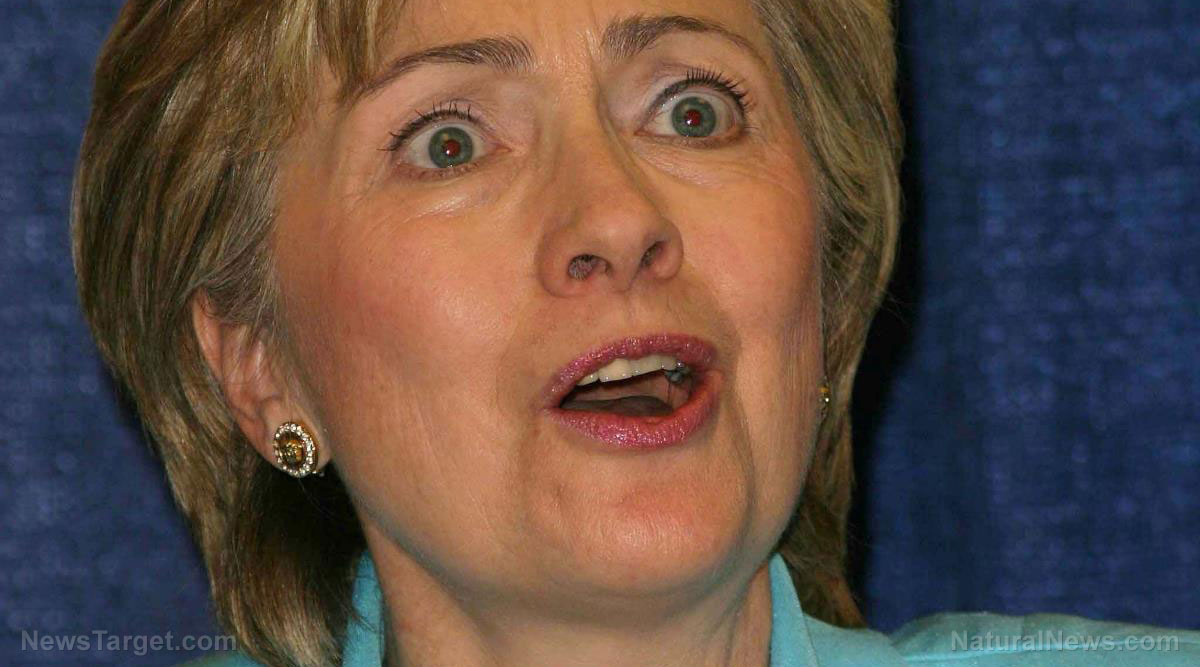Money Trouble
04/28/2016 / By clintonnews

Bernie’s gone. You know that, don’t you?” Donald Trump asked at a rally in Indianapolis last Wednesday, the day after he had won New York’s Republican Presidential primary, and, on the Democratic side, Hillary Clinton had beaten Bernie Sanders. “I love running against Crooked Hillary, I love that. I mean, it’s so much fun,” he said, adding, “Bernie wouldn’t be as much fun.” (Trump had introduced “Crooked Hillary” a few days earlier, and he appears to be sticking with the name, despite all the talk about how his campaign is pivoting toward professionalism.) By Thursday, he seemed to have reconsidered Sanders’s fun factor. “In fact, I’d like him to keep going,” Trump said at a rally in Harrisburg. “Because the longer he goes, the more I’m going to like it.” He was referring to Sanders’s attacks on Clinton. “Bernie Sanders—not me!—said she’s not qualified,” he noted.
(Article by Amy Davidson, republished from http://www.newyorker.com/magazine/2016/05/02/clinton-sanders-and-the-money-question)
Trump’s remarks summed up the fears that many Clinton supporters have about whether Sanders’s candidacy is in danger of, as Robby Mook, Clinton’s campaign manager put it, “poisoning the well.” After the New York primary, Sanders told Andrea Mitchell, on NBC, that he might take the fight to the Convention floor in Philadelphia, in July, even if, as is likely, Clinton ends up with more pledged delegates than he does after the final primaries, in June. In particular, the Clinton camp wishes that Sanders would stop talking about matters related to Clinton and money—her donors, the super PACs that support her, and the speaking fees that she has earned—in ways that it considers “negative and personal.”
Last Thursday, at a rally in Reading, Pennsylvania, Sanders spoke about how he relies on small donors, rather than on “the billionaire class.” “Secretary Clinton has chosen to raise her money a different way,” he said, pausing to let the crowd boo. He next turned to the paid speeches that Clinton gave in the two years between her departure from the State Department and the announcement of her candidacy, for which she earned a total of twenty-five million dollars. Goldman Sachs paid her two hundred and twenty-five thousand dollars for one speech. It must have been a “world-shattering speech,” Sanders said. “It was probably written in Shakespearean prose.” This is a set piece at Sanders rallies, and it lands better at some times than at others; he has a good sense of satire, but not always a good ear for when satire turns to contempt. Clinton has refused to release the transcripts of her paid speeches unless all the Presidential candidates do. Sanders has given no such speeches, and he mimed throwing their nonexistent transcripts to the Reading crowd, calling, “Are you ready? Here they are!”
All this has led some Democrats to wonder if Sanders has put agitating for revolution ahead of the Party’s electoral interests. When the Sanders campaign complained about the activities of the Hillary Victory Fund, a joint fund-raising committee of her campaign, the Democratic National Committee, and state Democratic Parties, which has raised sixty million dollars, Mook released a statement saying, “Instead of trying to convince the next generation of progressives that the Democratic Party is corrupt, Senator Sanders should stick to the issues and think about what he can do to help the Party he is seeking to lead.”
The quandary—for Sanders and for the Party—is that the corruption of the political system is his issue. Last week, he was asked on the “Today” show about Trump’s “Crooked Hillary” line, and he called it “an ugly statement.” But, when asked if he, in a roundabout way, hadn’t also called Clinton crooked, he smiled and said, “In that case, the entire United States government is crooked.” This disjunction is at the heart of the growing bitterness between the two candidates. Sanders believes that money distorts a politician’s character; Clinton experiences this view as an attack on her particular character. She has responded by pointing out that President Obama collected tens of millions of dollars of super-PAC money. That money, in other words, may be the currency of the corrupt but is not in itself corrupting. At the debate in Brooklyn, when Sanders failed to offer a clear example of a decision she’d made in the Senate because someone had handed her a check, she jumped in and said, “There is no example.”
But there are legitimate concerns about the role of money in politics that go well beyond quid-pro-quo bribery, such as the effect that being in a closed conversational circle with wealthy donors can have on a politician’s world view and priorities. Sanders, though he might do so less derisively, has a right to raise them. Clinton’s mistake has been to treat discomfort with money in politics as discomfort with her. Blind defensiveness on this point poses a risk not only to the Clinton campaign but also to the Democrats’ future as the party championing campaign-finance reform. George Clooney, asked on “Meet the Press” about a Victory for Hillary benefit that he hosted last week in San Francisco, at which the top seats went for three hundred and fifty-three thousand dollars, agreed that the sum was “obscene.” On that, he said, Sanders “is absolutely right.” But Clooney straightforwardly defended the fund-raising as a corrosive but necessary means to counterattack the Republicans, at least until a better system is in place for all.
Clinton could try to do the same. Instead, she mostly seems frustrated that Sanders has maintained his image as an economy-class-flying ascetic, when his campaign has raised, albeit mostly from small donors, an extraordinary amount of money—forty-six million dollars in March, compared with twenty-nine and a half million for Clinton—and has spent it profligately. As of last month, the campaigns had each raised about a hundred and eighty-five million dollars. Clinton, though, according to the Times, is also backed by seventy-six million dollars in super-PAC money.
Trump had raised close to fifty million dollars, most of it in loans from himself. He speaks at every opportunity about how he is self-funding his campaign (which is not entirely true; he’s had about twelve million in contributions) and about how easily politicians can be bought. He has said many times that he purchased Clinton’s attendance at his wedding with a donation to her family’s foundation. (She has said that she thought the wedding would be “entertaining.”) Listening to the tales Trump would spin in a general election about “Crooked Hillary” won’t be fun. Clinton needs to find her voice on the question of campaign finance—to talk more about money, not less—because valid doubts about the integrity of the system are fuelling Trump’s campaign, too. That won’t change if Bernie is gone.
Read more at: http://www.newyorker.com/magazine/2016/05/02/clinton-sanders-and-the-money-question
Tagged Under: Bernie Sanders, Crooked Hillary, Donald Trump, Hillary Clinton
RECENT NEWS & ARTICLES
COPYRIGHT © 2017 CLINTON NEWS

